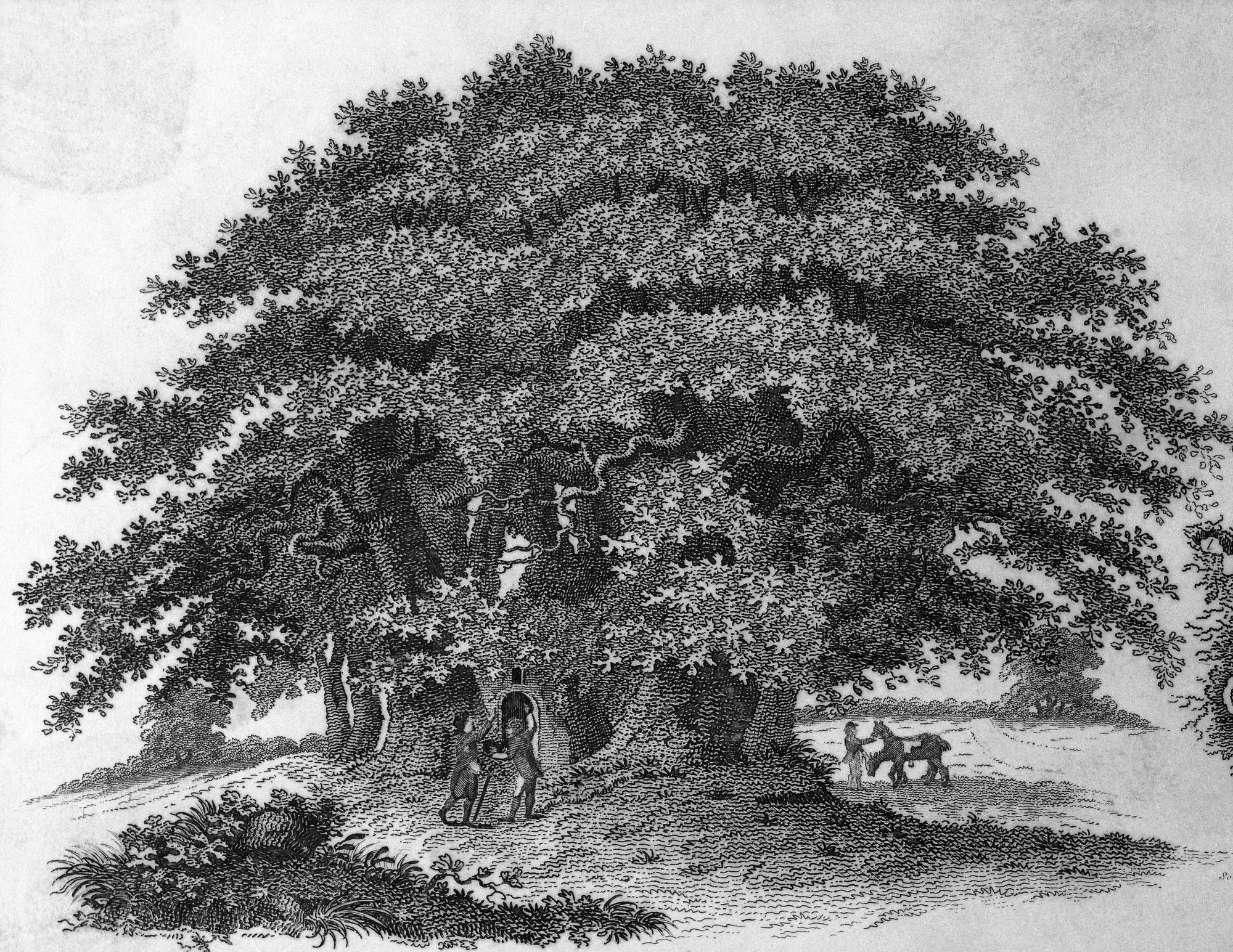Book Review: The Overstory by Richard Powers
Arbor Day
What of the life of a tree? Will it live on to sing its epic ballad, vibratory, electric, never ceasing to deliver free food and shelter for itself and other species? Or will it be cut short by a race of highly evolved life forms who, in the thrall of rabid capitalism, will do anything to show a quarterly profit? This is one of the question raised by Richard Power's latest novel The Overstory, a sprawling chestnut tree of a tale which delves into the lives of nine unique souls who seem to find a commonality by story's end. Powers seeds his work with these characters, feeding and watering them steadily until they finally sprout into a coherent composition with tendrils rooted squarely in place and crowns reaching up into the ether.
The trunk of the novel takes shape when one of the nine, Olivia Vandergriff, a fresh dropout from some unnamed northern college, who has already died by electrocution, been revived- reborn so to speak- is visited suddenly by "presences" which lead her in a vaguely southwestern direction to another of Powers' nine; and to her destiny. The artist, Nick Hoel, comes from a long line of American Chestnut tree photographers, Iowa farmers really, Brooklyn, New York transplants. He has carried through on a multi-generational project: photographing the sole surviving family Chestnut from the same position every month for over seventy years. It becomes a sort of flip book peek into natural history through the dilatory filter of persistent life. When the two meet it ignites the slow burn of the author's motif.
And just what is that motif? It's about seeing, really observing, the natural world beyond the blinkered focus on our fellow human beings. Powers' has said "there is a natural predisposition, I think, in the affordance of the brain to be blind to things that don't look like us, but that's the miracle of awareness and... of human intelligence." But mostly this book is about finding a larger purpose in our lives, about recognizing the big picture by (ironically enough) seeing the trees in the forest. How the simplicity of a tree's life can teach us how to live.
When, during a nocturnal attempt to destroy a forest-clearing building site, a group of eco-terrorists lose one of their own to an infernal accident, they plot their escape and their future. "Say nothing, no matter what. Time is with us." says one. Then we are treated to a short treatise on the nature of time and it's as if the surrounding trees themselves are speaking, warning them:
In The Overstory, Powers' correlation of his characters with the arboreal is constant. We are all connected, he seems to be saying, through this collective system of roots which proliferate across the earth. We sustain and support each other with protection and innate caring or we destroy each other through viral hate and greed. But regardless we are all one. This is a big, big tale. It pans from the microscopic out to the satellite view of our world. By the end we are left with the inevitable; nothing and everything. We read this, as one is left to ponder the future:
As one of the nine comes to realize at the twilight of her life, "The best arguments in the world won’t change a person’s mind. The only thing that can do that is a good story". And that is exactly what Richard Powers has told.
~ 5 stars
When, during a nocturnal attempt to destroy a forest-clearing building site, a group of eco-terrorists lose one of their own to an infernal accident, they plot their escape and their future. "Say nothing, no matter what. Time is with us." says one. Then we are treated to a short treatise on the nature of time and it's as if the surrounding trees themselves are speaking, warning them:
"But people have no idea what time is. They think it’s a line, spinning out from three seconds behind them, then vanishing just as fast into the three seconds of fog just ahead. They can’t see that time is one spreading ring wrapped around another, outward and outward until the thinnest skin of Now depends for its being on the enormous mass of everything that has already died."
 |
| Richard Powers |
It's with that profound sense of eternity that Powers leaves us. Ineluctably, life goes on whether our frail attempt at righteous change is successful or not. We evolve regardless of our petty endeavors for wealth and pleasure. If we care enough to survive as a sentient species, we must reap the gift, we must accept it."He stares off into the north woods, where the next project beckons. Branches, combing the sun, laughing at gravity, still unfolding. Something moves at the base of the motionless trunks. Nothing. Now everything. This, a voice whispers, from very nearby. This. What we have been given. What we must earn. This will never end."
As one of the nine comes to realize at the twilight of her life, "The best arguments in the world won’t change a person’s mind. The only thing that can do that is a good story". And that is exactly what Richard Powers has told.
~ 5 stars

The Overstory has a great composition. What's more, the subject is fascinating to me since I experienced childhood in Oregon and keep on being worried about our economy and condition. What's more, I like the essay style; the majority of the expositions were recently distributed in neighborhood periodicals.
ReplyDelete